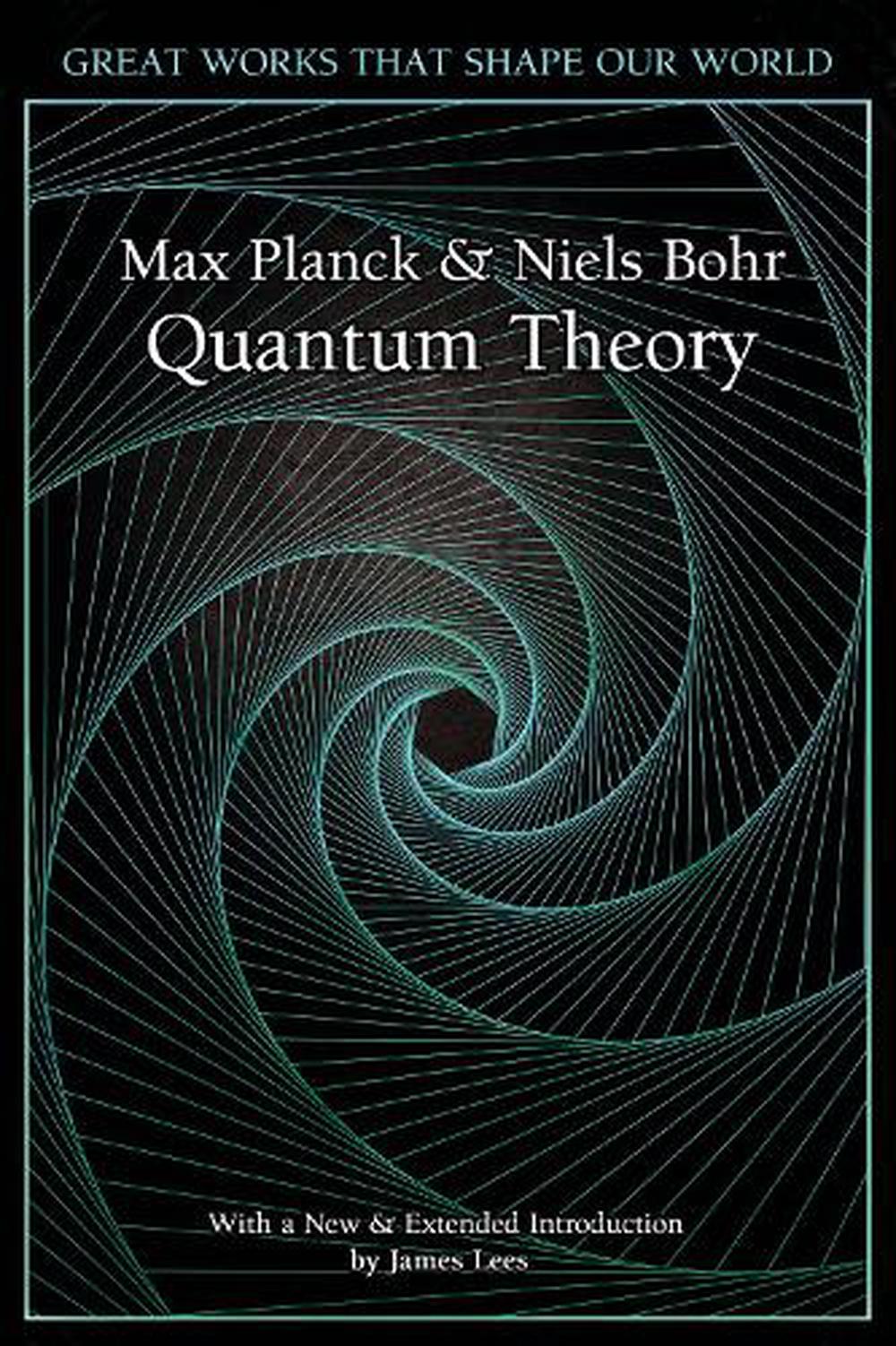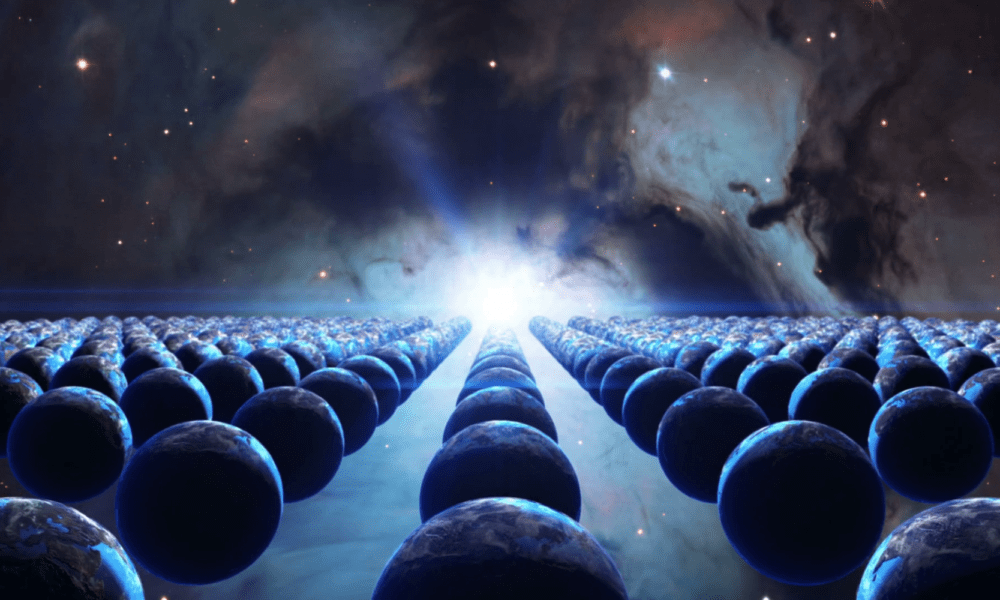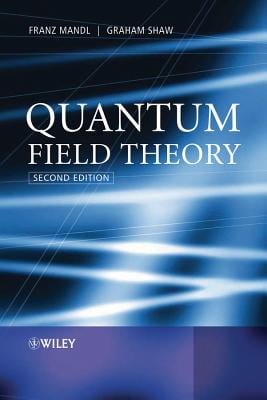

In this, he shows that if we describe the theory in terms of physical states (rays in the Hilbert space), then the dynamics of Schrödinger evolution correspond exactly to Hamiltonian evolution via the symplectic form from the Kähler structure on the projective Hilbert space (which is to say, the evolution is that of a classical system). For simplicity I will be thinking of finite-dimensional quantum systems here there are some subtleties in infinite dimensions but as far as I know the basic picture still holds.


To see one extreme of this, consider the viewpoint put forth by Kibble in. I think this is a subtle question and I think it depends somewhat on how you choose to represent quantum mechanics. None of the criteria above is conclusive.
#QUANT THEORY HOW TO#
What prevents me from saying that General Relativity is already quantum mechanical? It seems intuitively obvious that it is a classical theory, but I'm not sure how to put that intuition into words. People are after a quantum theory of gravity. But whether a theory is classical or quantum mechanical should not depend on how we interpret the theory it should be intrinsic to the formalism. Realism/determinism: This seems to depend on interpretations. Needless to say, such a change of variables would be unnatural, but naturalness is not a well-defined criterion for classical vs. Conversely, you may introduce this constant in classical mechanics by a similar change of variables (say, $F=\hbar\tilde F$ in the Newton equation). One could even argue that this would be a natural definition from an experimental point of view, if we agree to measure frequencies instead of energies. You can eliminate this constant by means of the redefinition $t\to \hbar t$. Planck's constant: It's just a matter of units. Also, one could argue that standard QM is not inherently probabilistic, but that probabilities are an emergent property due to the measurement process and our choice of observable degrees of freedom. Probabilities: Classical statistical mechanics does also deal with probabilistic concepts. 1804.00556), which can be recast in abstract terms as $i\dot\Psi=H\Psi$ for a certain $H$. In fact, one can formulate these equations as a Dirac-like equation $(\Gamma^\mu\partial_\mu+\Gamma^0)\Psi=0$ (see e.g. It's not clear whether the same thing could be done with e.g. For example, the Schrödinger equation corresponds to a model that does not explicitly satisfy these axioms and only when formulated in abstract terms this becomes obvious.

Also, a certain model may be formulated in such a way that it's very hard to tell whether it satisfies these axioms or not. In the same vein:ĭirac-von Neumann axioms: These are too restrictive (e.g., they do not accommodate topological quantum field theories). Operators and Hilbert spaces: You can formulate classical mechanics à la Koopman-von Neumann. Conversely, you don't need complex numbers to formulate standard QM (cf. Conversely, finite-dimensional quantum systems have as equations of motion ordinary differential equations, so the latter are not restricted to classical systems only.Ĭomplex numbers: You can use those to analyse electric circuits, so that's not enough. Partial differential equations: Both the Maxwell equations and the Schrödinger equation are PDE's, but the first model is clearly classical and the second one is not. None of the following criteria are valid: What criterion decides whether the model is classical or quantum-mechanical? Such a model consists of, say, a system of differential equations. Say you cook up a model about a physical system.


 0 kommentar(er)
0 kommentar(er)
